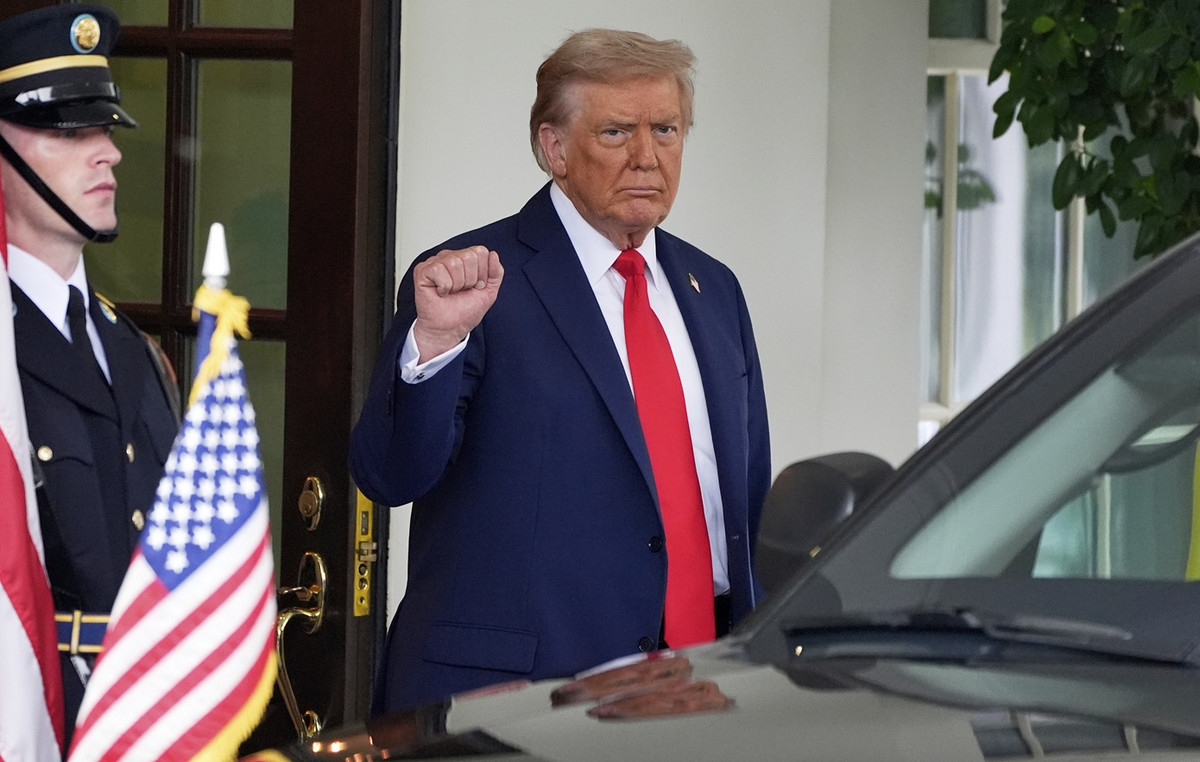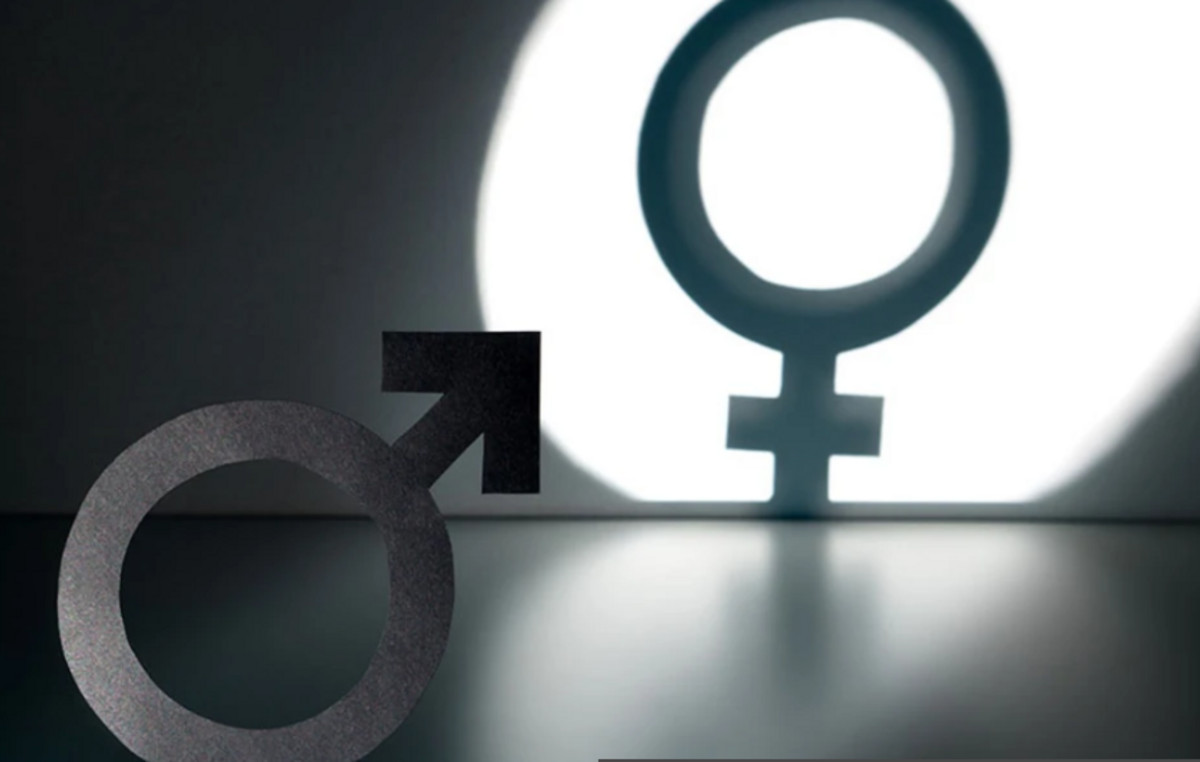Brazil registered an increase in the application of 13 of the 16 main vaccines in the children's calendar of the National Immunization Program (PNI), in 2023, according to data from the Ministry of Health. The ministry highlights that the result confirms the reversal of vaccination rates, in decline in the country since 2016.
The highlighted vaccines are against polio (VIP and OPV), pentavalent, rotavirus, hepatitis A, yellow fever, meningococcal C (1st dose and booster), pneumococcal 10 (1st dose and booster), triple viral (1st and 2nd doses) and reinforcement of the bacterial triplet (DTP).
According to the numbers, compared to 2022, in the 13 immunizations that showed recovery, the average was 7.1 percentage points. According to the ministry, throughout the national territory, the vaccine that had the most use was the triple bacterial booster, which reached 76.6%, an increase of 9.23 percentage points compared to the previous year, when it registered 67 .4% of immunized children.
“The consolidated numbers reaffirm that we are on the right path, of resuming vaccination coverage for our children, after consecutive drops in recent years, and of rebuilding one of the country's main public health policies”, said the Minister of Health, Nísia Trindade , when praising the success of the ministry’s actions.
A survey carried out by Unicef, with information from the Ministry of Health, shows a specific increase in vaccination against polio. According to the data, in 2023, 2.42 million children were born in the country and 2.27 million first doses of Injectable Polio were administered.
Despite the gap of 152.7 thousand children without vaccination, the number is lower than in the previous year, when 2.56 million children were born and 2.32 million first doses of Polio (VIP) were administered, with 243 thousand children who did not receive the first dose of the vaccine against the disease.
“In this World Immunization Week, we highlight the urgency of a country commitment, taking immunization to schools, CRAS and other places and public equipment”, highlights Youssouf Abdel-Jelil, Unicef representative in Brazil, when speaking of the need to continue in the effort to increase vaccination rates.
Vaccination movement
In 2023, the Ministry of Health launched the “National Movement for Vaccination”, aimed at promoting vaccination across the country. According to figures from the ministry, more than R$6.5 billion were invested in the purchase of immunization agents and, for 2024, the investment is expected to be R$10.9 billion.
The vaccination movement also included regional actions, with municipalities receiving around R$150 million from the ministry and developing vaccination strategies based on their population, health structure, socioeconomic and geographic reality.
Since last year, the Ministry has unified vaccination records in the National Health Data Network (RNDS), linking the doses applied to an Individual Taxpayer Registry (CPF) or National Health Card (CNS). The idea is that the migration makes the digital vaccination book viable, where each citizen can check their vaccination status through Meu SUS Digital – something that already happens with Covid-19 vaccines, for example.
*Under the supervision of André Rigue
Source: CNN Brasil
I’m James Harper, a highly experienced and accomplished news writer for World Stock Market. I have been writing in the Politics section of the website for over five years, providing readers with up-to-date and insightful information about current events in politics. My work is widely read and respected by many industry professionals as well as laymen.







